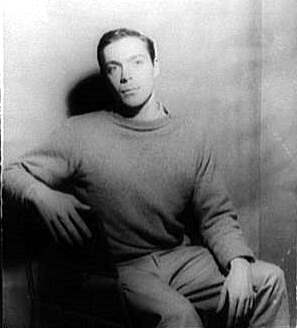At Bradford, England, a girl, aged 16, met death in an extraordinary manner. While in the playground of her school she was caught by a veritable tornado which carried her into the air. … [A] witness who was waiting for a car in front of the school said he saw the girl in the air, her skirts blown out like a baloon. She was 25 to 30 feet in the air, just above the school balcony (the latter, the coroner remarked, was 20 feet high). … The physician who was called found the girl unconscious and pulseless, suffering from severe concussion of the brain and compound fractures of the lower jaw, right arm, wrist and thigh. It appeared that she was wearing a pair of bloomers with an ordinary skirt but without petticoats. The jury returned a verdict of ‘died as the result of a fall caused by a sudden gust of wind.’
— Journal of the American Medical Association, quoted in Medical Sentinel, June 1911
05/24/2010 I’ve found some confirmation of this in William Corliss, Tornados, Dark Days, Anomalous Precipitation, 1983:
“February 25, 1911. Bradford, England. A letter to the editor called the report of a girl being killed by a gust of wind preposterous and asked for an investigation. The editor replied: ‘Acting on this suggestion, we communicated with Mr. H. Lander, the rainfall observer at Lister Park, Bradford, who kindly sent us a copy of the Yorkshire Observer for February 25th, in which there was a fairly full report of the inquest on the school-girl who was undoubtedly killed by a fall from a great height in an extremely exposed playground during very gusty weather. One witness saw the girl enter the playground from the school at 8.40 a.m., and saw her carried in three minutes later. Another witness saw the girl in the air parallel with the balcony of the school 20 feet above the ground, her arms extended, and her skirts blown out like a balloon. He saw her fall with a crash. The jury found a verdict, ‘Died as the result of a fall caused by a sudden gust of wind.'”
He cites Godden, William; “The Tale of — a Gust,” Symons’s Meteorological Magazine, 46:54, 1911.



